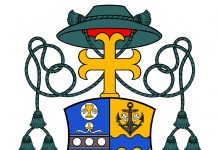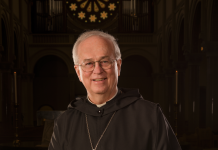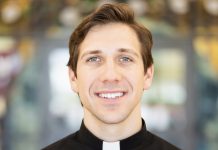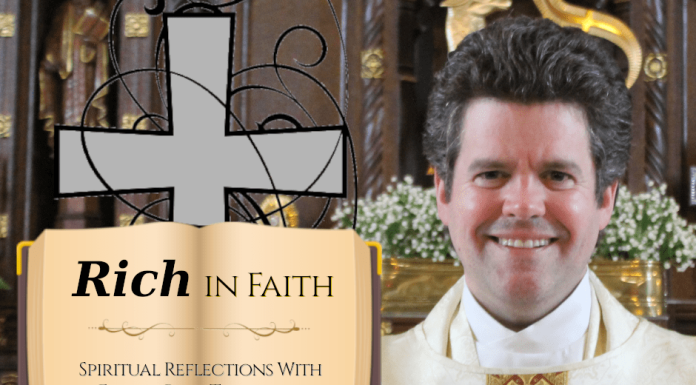From the United States Conference of Catholic Bishops
June 21, 2021
Since the conclusion of the Spring Plenary Assembly of the U.S. bishops last week, there has been much attention on the vote taken to draft a document on the Eucharist. The question of whether or not to deny any individual or groups Holy Communion was not on the ballot. The vote by the bishops last week tasked the U.S. Conference of Catholic Bishops’ Committee on Doctrine to begin the drafting of a teaching document on the Eucharist.
The Eucharist is the source and summit of Christian life. The importance of nurturing an ever deeper understanding of the beauty and mystery of the Eucharist in our lives is not a new topic for the bishops. The document being drafted is not meant to be disciplinary in nature, nor is it targeted at any one individual or class of persons. It will include a section on the Church’s teaching on the responsibility of every Catholic, including bishops, to live in accordance with the truth, goodness and beauty of the Eucharist we celebrate.
Below are a few commonly asked questions on the meeting and on this topic at issue.
Why are the bishops doing this now?
For some time now, a major concern of the bishops has been the declining belief and
understanding of the Eucharist among the Catholic faithful. This was a deep enough concern, that the theme of the bishops’ strategic plan for 2021-2024 is Created Anew by the Body and Blood of Christ: Source of Our Healing and Hope. This important document on the Eucharist will serve as a foundation for the multi-year Eucharistic Revival Project, a major national effort to reignite Eucharistic faith in our country. It was clear from the intensity and passion expressed in the individual interventions made by the bishops during last week’s meeting that each bishop deeply loves the Eucharist.
Did the bishops vote to ban politicians from receiving Holy Communion?
No, this was not up for vote or debate. The bishops made no decision about barring anyone from receiving Holy Communion. Each Catholic – regardless of whether they hold public office or not – is called to continual conversion, and the U.S. bishops have repeatedly emphasized the obligation of all Catholics to support human life and dignity and other fundamental principles of Catholic moral and social teaching.
Are the bishops going to issue a national policy on withholding Communion from politicians?
No. There will be no national policy on withholding Communion from politicians. The intent is to present a clear understanding of the Church’s teachings to bring heightened awareness among the faithful of how the Eucharist can transform our lives and bring us closer to our creator and the life he wants for us.
Did the Vatican tell the bishops not to move forward on drafting the document?
No. The Holy See did encourage the bishops to engage in dialogue and broad consultation. Last week’s meeting was the first part of that process. It is important to note that collaboration and consultation among the bishops will be key in the drafting of this document.































